Zhaoming Wu: Enchanting Portraits
$86.96
![]() Free shipping within 3 days
Free shipping within 3 days
![]() Easy returns within 30 days
Easy returns within 30 days
![]() Shopping information security
Shopping information security

Discover the Painting Secrets That Turn Lifeless Portraits Into Enchanting Works of Art…
For artists seeking to create portraits that captivate and resonate on a deeper level, you’re about to uncover techniques that go beyond mere likeness…
…and allow you to infuse your work with mood, atmosphere, and emotion — making your art truly unforgettable.
Thanks to his vast experiences and painting approaches, Zhaoming Wu, trained in traditional painting principles, Chinese ink painting, and graphic design, is going to reveal techniques that will make your portraits worthy of gallery exhibitions.
Inside this video workshop, Wu will guide you on how to use the right approach and techniques when painting shapes — one of his many secrets to give the portrait an expressive and painterly look.
You’ll learn key principles on how to give your work that “portrait quality” you’ve come to know about … how to “entertain the eye” … and how to add rhythm and movement to your brushwork.
You’ll also understand why highlight placement is critical for capturing a likeness, and why it’s key to view highlights as a continuous element flowing across the form rather than as isolated features.
This video workshop is a masterclass in creating portraits, giving you the skills to take the human visage to a higher level — not to express only mood, but drama and movement too.
You’re about to learn the art of interpretation in portraits, allowing you to bring your subjects to life in your own creative vision.
Join Zhaoming Wu in his brand new video workshop today and see your portraits come to life!
Here’s a small taste of what’s inside Enchanting Portraits:
● Discover Zhaoming Wu’s unique approach to painting highly expressive portraits that are full of atmosphere and mood…
● Copy Wu’s brushwork techniques to make your portraits engaging and entertaining…
● How to select the right reference photo that will help you create a successful portrait…
● Learn Wu’s favorite types of brushes when painting portraits…
● How to establish values correctly…
● How to capture the gesture of the shapes to create an expressive, painterly feel…
● Master the classic “3 Color Zones Rule” for painting the skin tone of the face
● Learn the important “30-minute check” to prevent yourself from getting lost…
● Why you should never copy the colors from your photo reference…
● How to keep shadows from looking chalky…
● How to handle wrinkles…
● How to suggest things with skillful brushwork instead of rendering all the details…
● How to skillfully use edges to show distance and turn of form…
● How to use color temperature to create depth (“atmosphere” between the nose and the cheek, for instance)…
● How to use changes in color and value on the eyebrow to show the turn of form of the brow bone…
● How to capture the CHARACTER of the features…
● How to use brush marks effectively to show form — and why sometimes you want to go against the form (to add excitement and energy)…
● How to use an angled brush effectively…
● How to create RHYTHM in your painting…
● Wu’s brushwork technique that allows for spontaneity and expressiveness…
● PLUS: How to use different brushwork on different parts of the portrait to make your brushwork itself entertaining (this makes your portrait engaging!)
● …and a ton of other tips and tricks to make your portraits amazing!
Your Lesson Plan! (Plus a BONUS!)
Introduction and Selecting the Reference and Materials

In the first few chapters, Zhaoming Wu guides you through choosing the ideal reference photo, emphasizing the importance of a 3/4-view pose and 45-degree lighting for capturing the head’s form and features. He then introduces his preferred materials, including specialized brushes, medium, preferred painting surface, and a carefully curated palette of oil paints.
The First Pass

Zhaoming demonstrates the crucial initial stage of portrait painting, focusing on establishing value shapes and the basic form of the head. He teaches subtractive painting techniques to create the head’s shape and introduces the concept of working with three major values. You’ll learn the importance of capturing gestures and regularly checking proportions. This chapter lays the groundwork for a strong, expressive portrait, teaching you how to build a solid foundation that will support the details to come.
Adding the Flesh Tone

This chapter delves into the intricacies of adding color to the portrait. Zhaoming covers the classic 3 Color Zones Rule for skin tones, explains how to avoid chalky shadows, and emphasizes the critical role of highlight placement in achieving likeness. You’ll discover the importance of observation over copying photos and learn to treat the face as a unified whole rather than separate features. These insights will dramatically improve your ability to create lifelike, vibrant portraits with depth and character.
Modeling the Form

Zhaoming will take you beyond 2D representation into the realm of 3D form modeling. He explores concepts like plane changes, transitional values, and the strategic use of edges to create depth and turn of form. You’ll learn to use color temperature to create atmosphere and capture the unique character of facial features. You’ll have a strong understanding of form and light, enabling you to create portraits with striking realism.
Enhancing Contrast

In this chapter, Zhaoming focuses on refining the portrait through contrast enhancement and gestural brushwork. He shares techniques for suggesting highlights in hair, painting creases without harshness, and using brushstrokes to show form, sometimes counterintuitively. You’ll learn to create rhythm in your paintings and understand how different elements connect under unified lighting conditions. This knowledge will allow you to inject energy and excitement into your portraits!
Establishing Important Details

Zhaoming reviews his entire process before diving into the detailed work of this stage. He emphasizes the importance of relationships between elements and teaches how to push some areas back while bringing others forward. You’ll learn to make deliberate choices about what to include or omit for a stronger painting. This chapter will hone your decision-making skills, enabling you to create portraits that are not just accurate, but aesthetically powerful and emotionally resonant.
Developing the Painting

This chapter focuses on refining the portrait, with particular attention to the eyes as the focal point. Zhaoming provides in-depth instruction on understanding form and anatomy, guiding you in making informed decisions about light, shadow, and edge control. He demonstrates techniques for connecting skin and hair naturally and using the background to enhance the overall composition.
Repainting and Preparing to Finish

Zhaoming demonstrates how to refine proportions, edges, and values in your portraits. He explains the aesthetic choices that guide the level of finish in different areas and how to add energy through varied brushwork. You’ll learn to balance accuracy with artistic interpretation, creating portraits that are both true to the subject and imbued with your unique vision. Also, you’ll learn how the addition of jewelry can add interest and excitement to your painting, making it feel more alive. These chapters will help you develop the critical eye and confidence needed to make bold, effective decisions in your work.
The Final Stage

In the concluding chapter, Zhaoming shows how to bring a portrait to its full potential. He demonstrates adding definition to key areas, playing with edges for visual interest, and using directional brush marks for energy. You’ll learn the art of selective finishing — knowing what to define and what to leave to the viewer’s imagination. This final chapter will empower you to create portraits that are not just visually accurate, but also engaging, expressive, and full of life, elevating your work to a professional level.
BONUS!
An Alternative Approach: The Male Portrait

Zhaoming shows you how to start a portrait in a more traditional way; once he gets painting, the techniques used in the main demo kick in for an enjoyable time lapse of this male portrait painting.
Meet Your New Instructor, Zhaoming Wu!

Zhaoming Wu, born and raised in Guangzhou City, China, is a master painter whose work seamlessly blends the skill and bravura of 19th- and 20th-century masters.
His artistic journey began at the Guangzhou Academy of Fine Art, where he earned his BFA and later served as a professor of painting. Furthering his education, Wu obtained his MFA from the Academy of Art University in San Francisco, where he currently instructs, shaping a new generation of painters in classical methods.
Since 1983, Wu’s art has graced exhibitions across Asia, Europe, the United States, and beyond, earning him international recognition. His talent is particularly significant in the context of Western art history.
While much of Western art culture veered toward abstraction, Chinese and Russian artists maintained the study and practice of classical painting. As tensions eased between China and the West, artists like Wu brought their invaluable expertise to America, bridging a gap in classical training.
Wu’s knowledge and talents represent a complex lineage from the 19th-century masters to contemporary art. As a highly valued faculty member at the Academy of Art University, he plays a crucial role in the graduate program, mentoring artists in representational painting and drawing. His work and teaching embody the preservation and evolution of classical techniques in modern art education.
This is your chance to learn from such an experienced artist — don’t miss out!

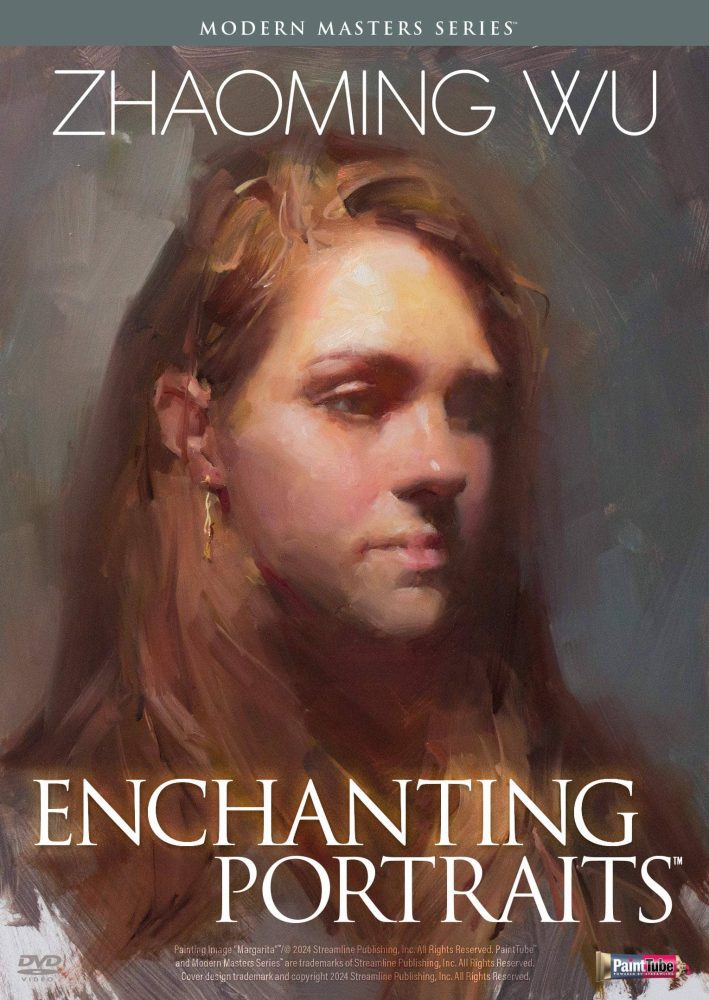
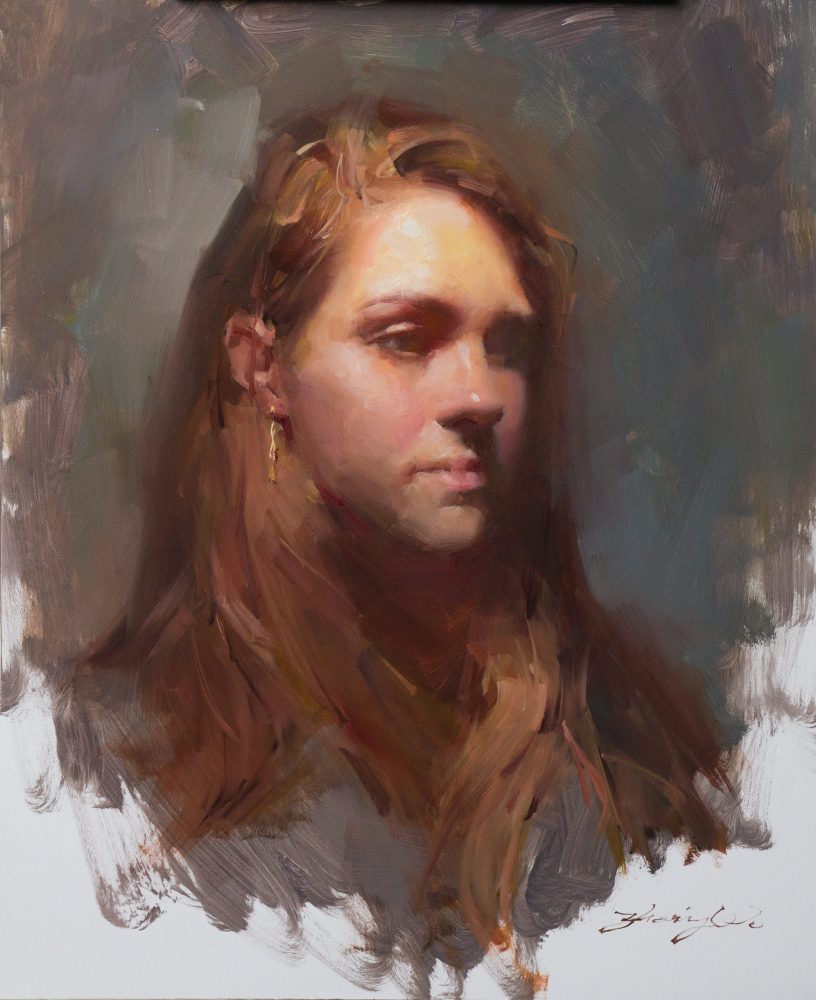
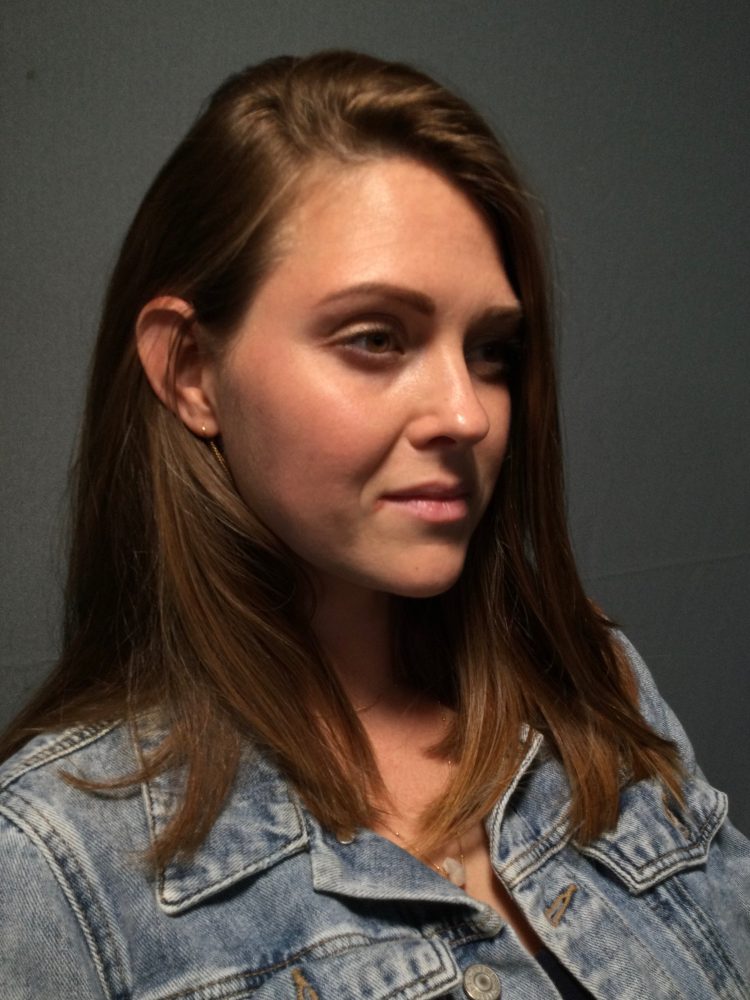
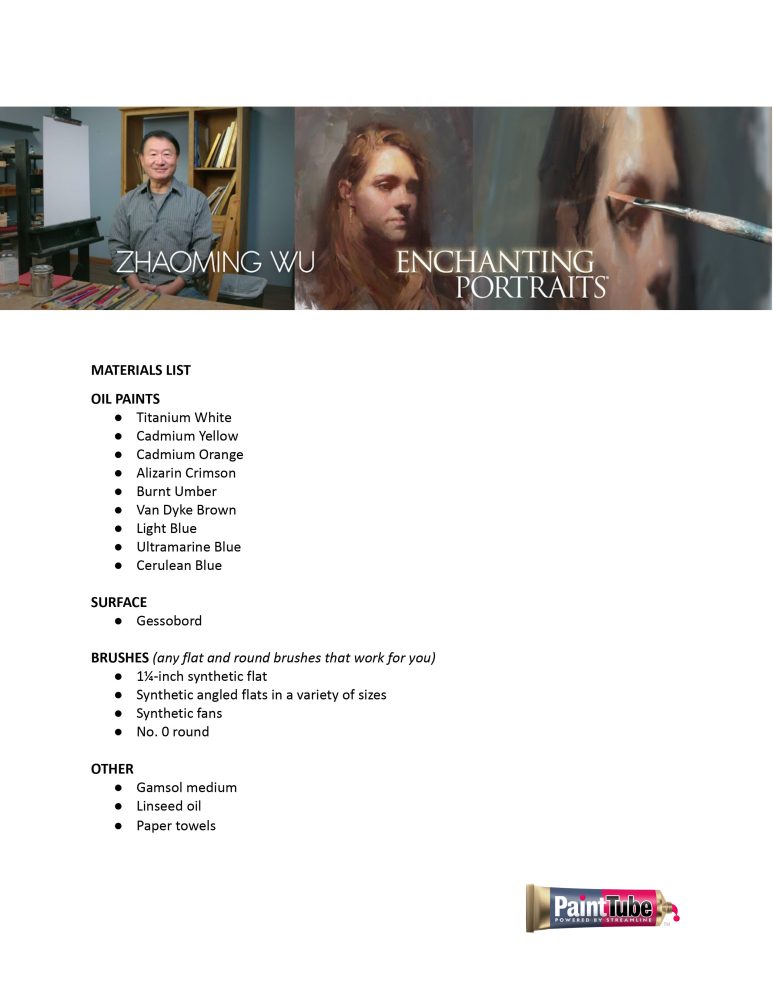
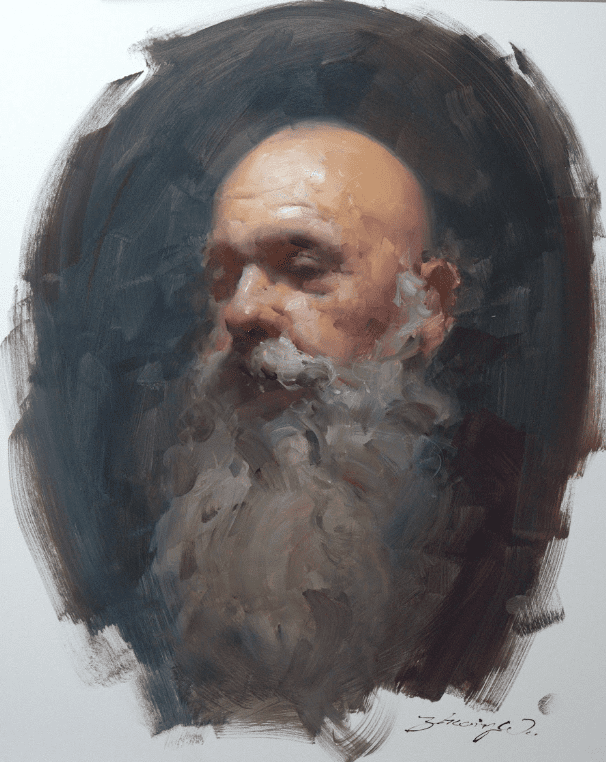
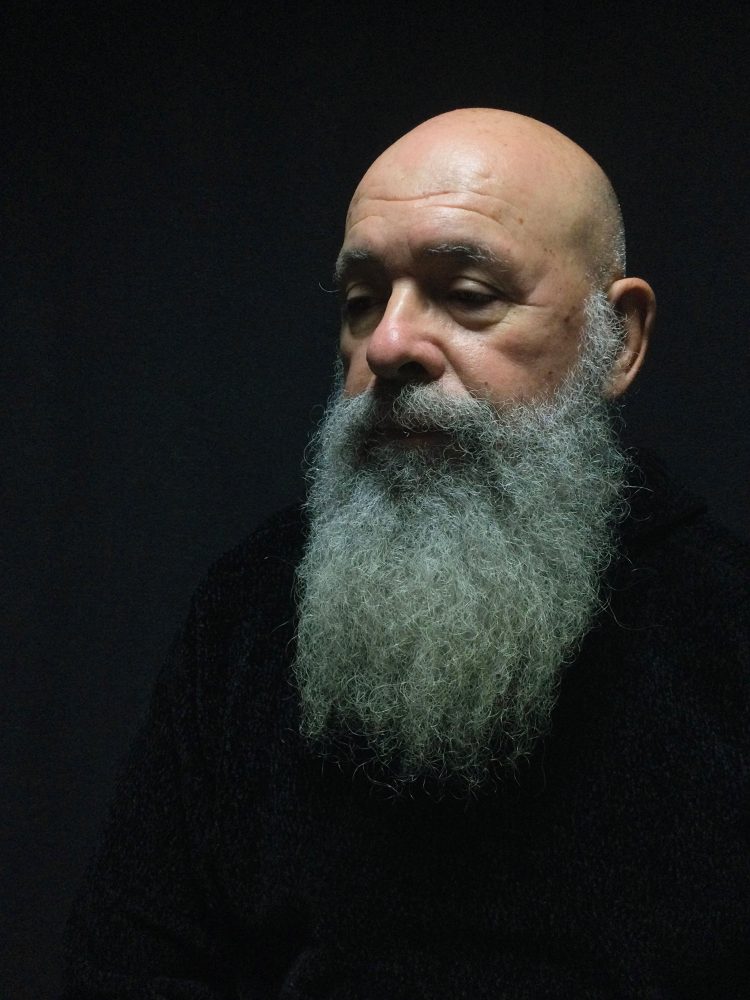
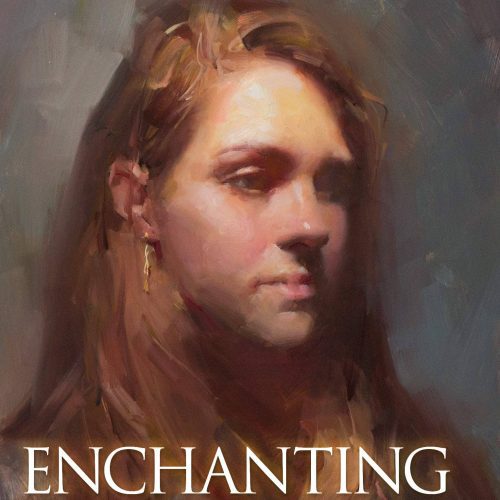
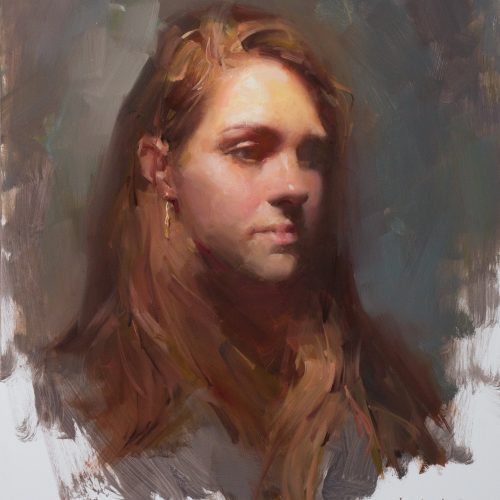
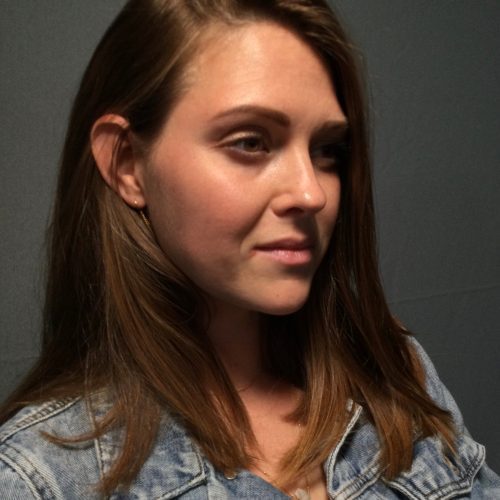
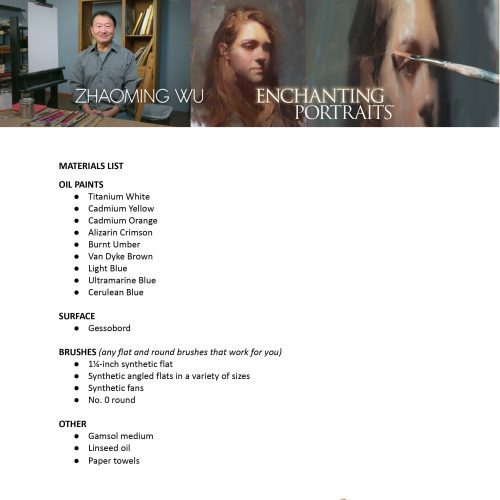
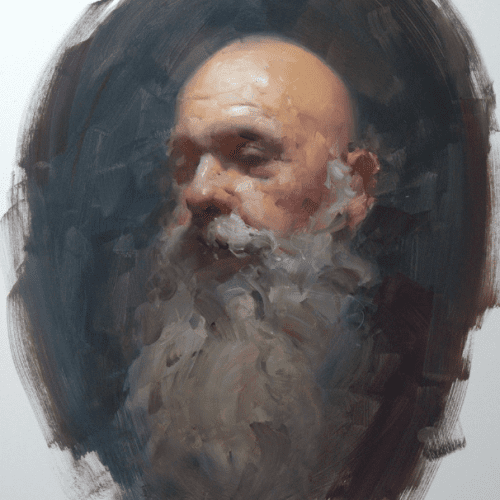
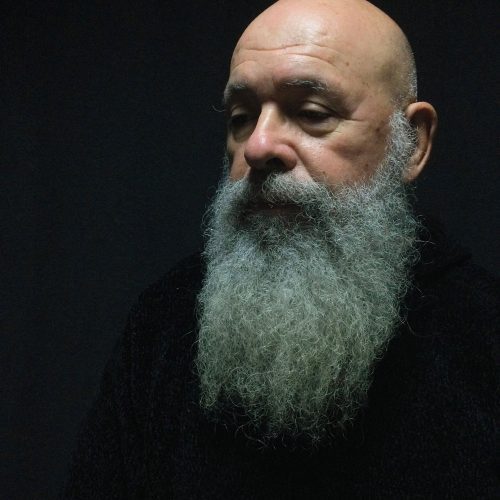
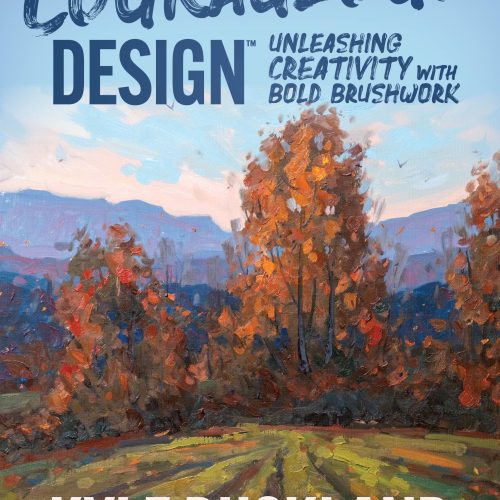
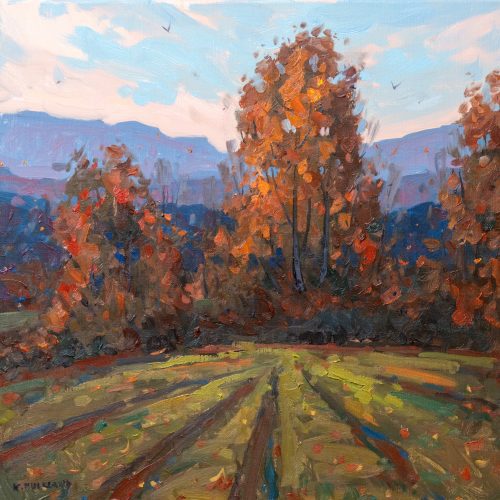




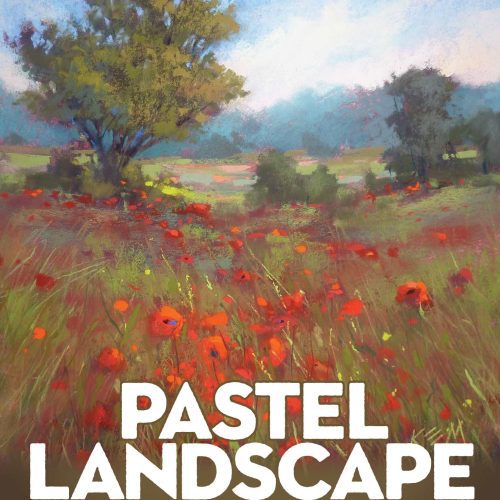
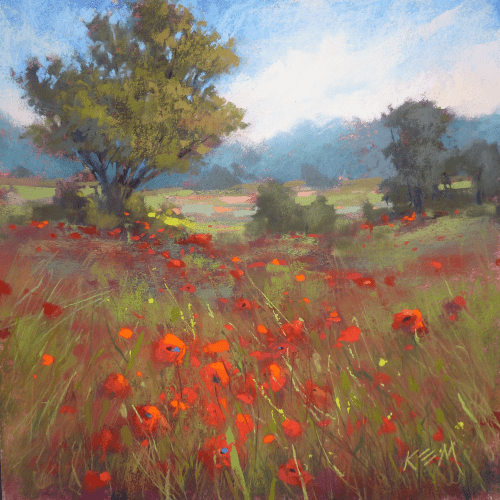
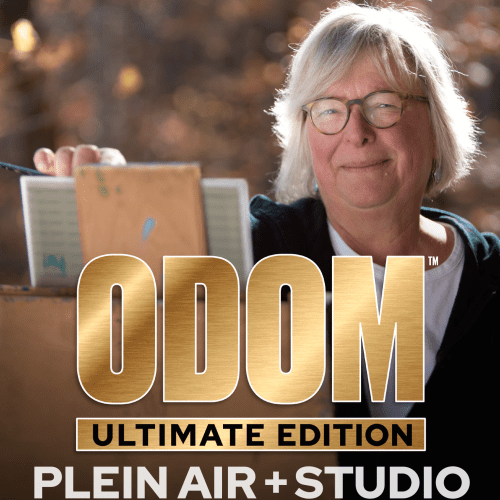


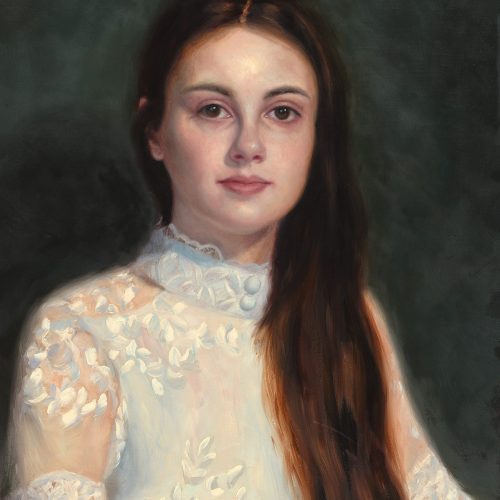
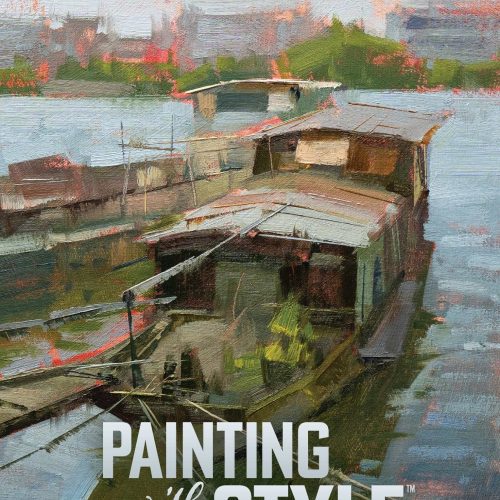


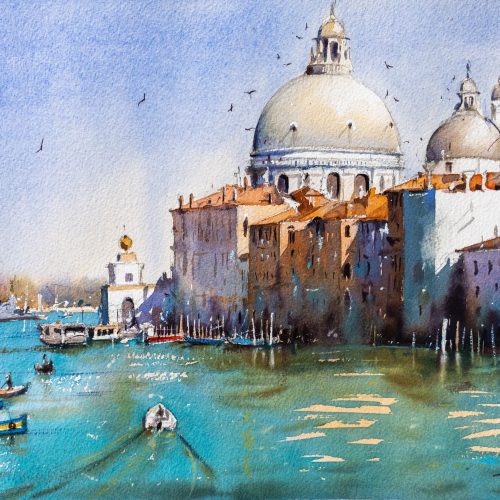

Reviews
There are no reviews yet.